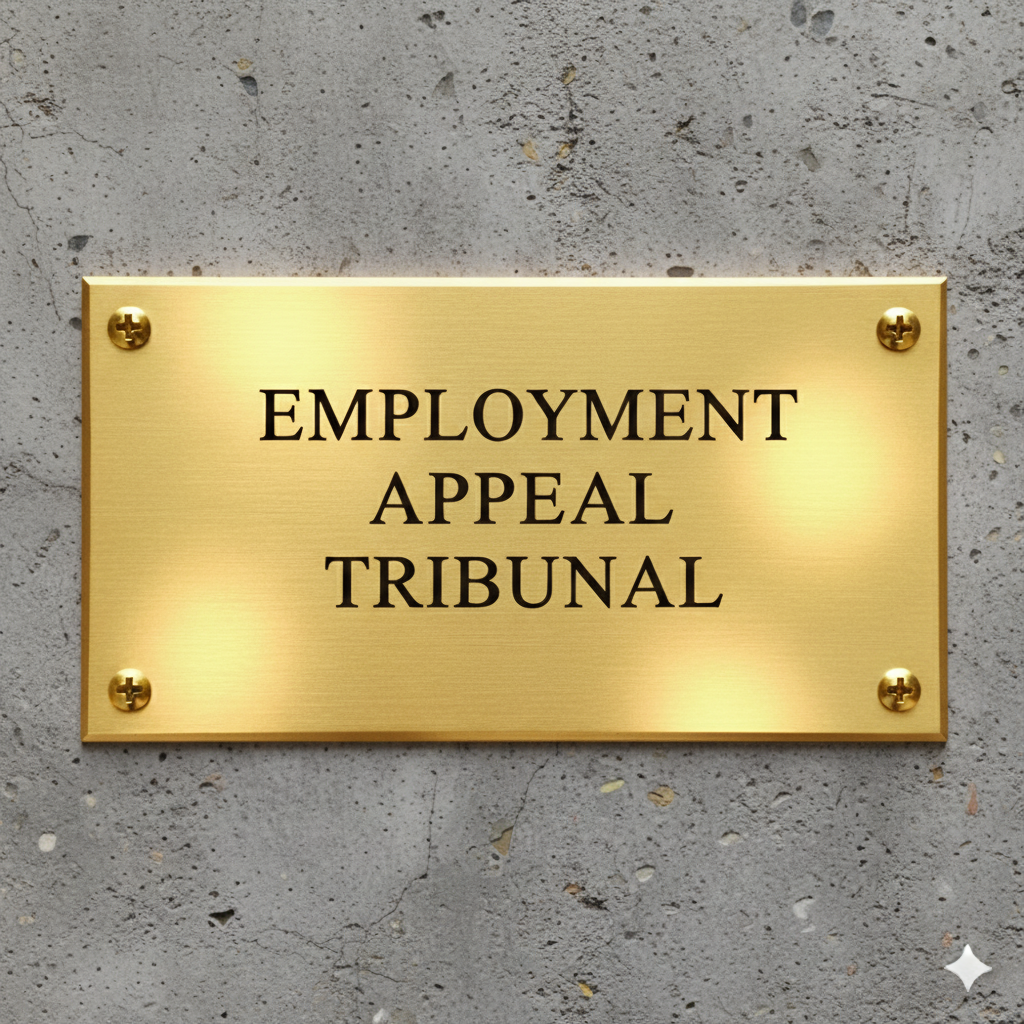Cleaner's Race Discrimination Claim Against Justice Secretary Dismissed
The Employment Appeal Tribunal has dismissed a cleaner's race discrimination case against the Ministry of Justice, finding no grounds for her claims regarding pay.
• public
Employment Tribunal Rejects Cleaner's Race Discrimination Appeal
The Employment Appeal Tribunal (EAT) has dismissed an appeal by Ms F Djalo, a cleaner, against the Secretary of State for Justice. The original Employment Tribunal (ET) had struck out Ms Djalo's claim of indirect race discrimination, finding it had no reasonable prospect of success.
Background of the Case
Ms Djalo, employed by OCS Limited, a facilities management company, worked as a cleaner at the Ministry of Justice's Petty France site since 2009. She alleged that the Justice Secretary indirectly discriminated against her by denying her the same level of pay as directly employed staff, a group she claimed was disproportionately comprised of individuals not from Black or Minority Ethnic (BME) backgrounds. Ms Djalo argued the Secretary of State had the power under the facilities management contract to ensure OCS paid her the London Living Wage (LLW).
Key Arguments and Tribunal Decision
Ms Djalo contended the Justice Secretary applied a 'provision, criterion or practice' (PCP) that resulted in different pay levels for direct employees versus contract workers. She also argued that a requirement to be directly employed disadvantaged BME workers.
The Employment Tribunal struck out the claim, stating that sections 19 and 41 of the Equality Act 2010 did not protect Ms Djalo as a contract worker regarding pay discrepancies between her salary and that of the Justice Secretary’s direct employees. The EAT upheld this decision, relying on a recent Court of Appeal judgement, The Royal Parks Ltd v Boohene and others.
EAT's Rationale
The EAT found the Employment Tribunal was correct in concluding that section 41 EqA did not apply. It determined there was no realistic prospect of establishing that the Justice Secretary had the contractual power to uplift the pay of contract workers as alleged. Therefore, Ms Djalo's reliance on the ‘single source’ principle did not succeed.
The EAT further concluded that Ms Djalo could not meet the requirements for a claim of indirect discrimination under section 19 EqA. The purported PCP was deemed incapable of amounting to a proper PCP, and failed to demonstrate that it was 'applied' to her by the Justice Secretary.
Article 14 ECHR Claim Rejected
The EAT also rejected Ms Djalo’s argument that the construction of section 41 EqA, as established in Royal Parks, rendered the UK’s system of protection against race discrimination non-compliant with Article 14 of the European Convention on Human Rights (ECHR). The claimant argued that, in instances of sex discrimination, a contract worker could compare their pay with the principal’s employees via an equal pay claim.
The EAT concluded that the Royal Parks case had determined there was no such mismatch between pay claims for equal pay and race descrimination cases, and, it was determined that the claimed article 14 discrimination was not “within the ambit” of article 8 or article 1 of Protocol 1; and that the Steer v Stormsure Ltd “package principle” applied.
In summary, the Employment Appeal Tribunal dismissed the appeal.
Read the entire judgement here: Ms F Djalo v Secretary of State for Justice [2025] EAT 67
